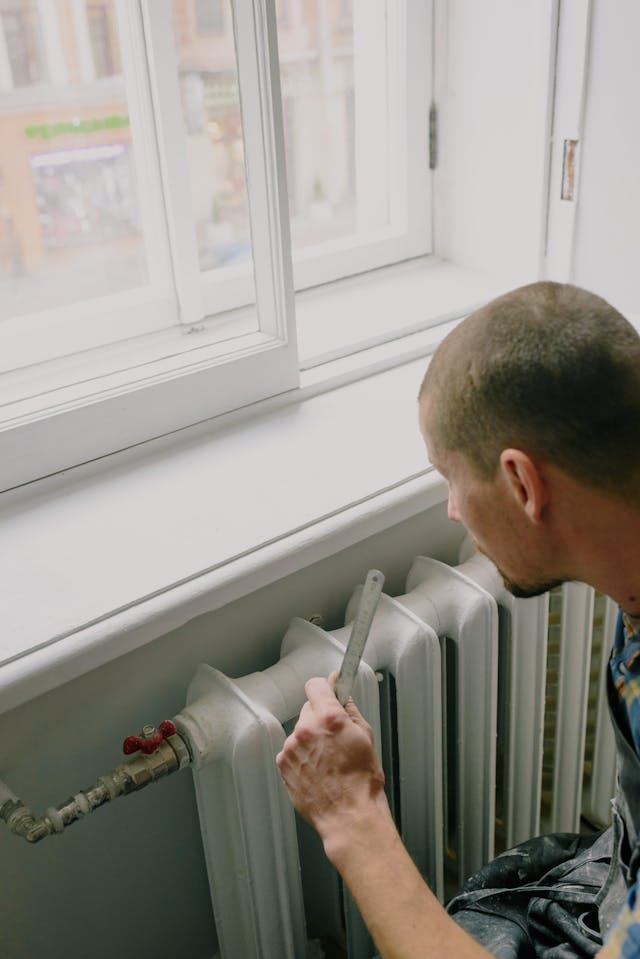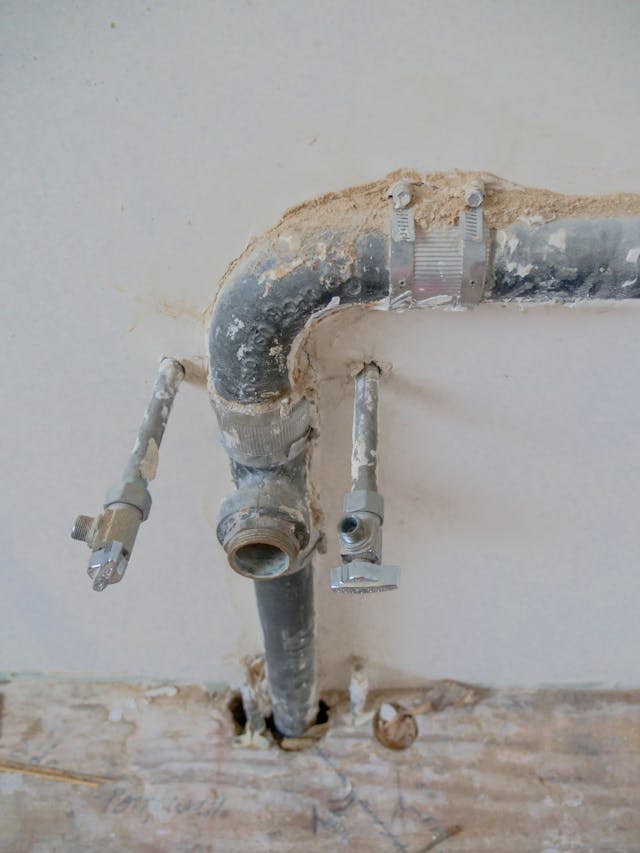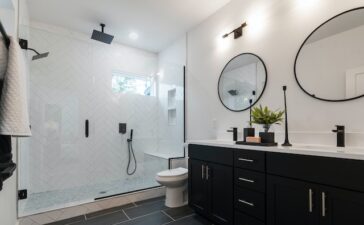Usually hidden behind walls or under floors until they cause major damage, water leaks are sly little troublemakers. Whether it’s a busted pipe or a dripping faucet, unnoticed leaks can cause expensive repairs and possibly health risks from mold development. Residential leak detectors then become really important.
These little tools are meant to find water leaks before they become serious problems. But given the abundance of choices on the market, how would you decide which one would best fit your house? This blog post will go over important considerations to make while choosing a leak detector that exactly meets your requirements. Prepare yourself to handle the security of your house and guard it against unwelcome water damage!
Considerations for Selecting a Residential Leak Detector
Selecting residential leak detector equipment begins with knowing your particular requirements. Think on the dimensions of your house and any leak-prone spots, such as basements or close to water heaters.
Then consider your choices for connectivity. While some detectors link to smart home systems, others run alone. Choose models with Wi-Fi or Bluetooth if you would want real-time alerts on your smartphone.
Another quite important consideration is battery life. Regarding maintenance and replacement, a long-lasting battery saves you effort.
Analyze also the device’s sensor technology choice. Even small moisture changes can be detected by advanced sensors, so guaranteeing early identification before problems get more serious.
Consider simplicity of use and installation ease. Simple to operate and set up devices will save you time and aggravation down road.

Essential Attributes of a Residential Leak Detector
Many important aspects can improve the efficiency of a residential leak detector. Think first about the device’s sensitivity. Even little leaks will be found by a highly sensitive detector before they become more serious.
Look for integration of smart technology. Many current detectors link to your house network or smartphone to enable remote monitoring and real-time alarms. Convenience and peace of mind are added by this capability.
Also absolutely important is battery backup. Should a power loss arise, you want your leak detection to keep running without stopping.
User experience also depends much on installation convenience of use. Choose appliances that call for little tools or knowledge to set up.
Consider how compatible other home systems—such as smart home hubs or security alarms—may be. A coherent framework can enhance general safety and simplify handling of domestic issues.
Advantages of Residential Leak Detection
By means of a domestic leak detector, homeowners might avoid major damage. Early leak discovery helps you to solve problems before they become expensive repairs.
These tools provide mental serenity. Knowing that your house is under continuous surveillance for leaks helps you to concentrate on what really counts free from concerns about hidden water issues.
Often easy to install and run, leak detectors Many versions link easily with smart home systems to send real-time notifications straight to your phone or tablet.
A leak detector can also help you pay less for insurance. Insurance companies value proactive actions made by homeowners to avoid major harm.
From an environmental standpoint, cutting water waste helps efforts at sustainability. Early leak detection helps you to also help to preserve this valuable resource.

Advice on maintaining and looking after your residential leak detector
Regular maintenance is absolutely essential to make sure your residential leak detector stays working. Check the gadget often first for any wear or damage. Before they become major concerns, a visual check might expose problems needing attention.
Clear and free from obstacles in the area surrounding your leak detector. This lets it run best free from appliance or furniture influence. Additionally accumulating on sensors are dust and trash; hence, a light cleaning using a soft cloth will help to keep their accuracy.
Remember battery life should your detector not be hooked into the electrical system of your house. To prevent false alarms or missed warnings during a real leak, routinely check the batteries and replace them as needed.
If your detector has built-in testing capabilities, think about routinely verifying its functionality utilizing those features. Following manufacturer recommendations for check-ups guarantees your awareness of performance level.
Save all purchase and warranty related papers in a handy location. Should you require assistance or wish to upgrade going forward, this information could be quite beneficial.
Knowing that your residential leak detector is operating as it should be shielding your house from possible water damage will help you to relax with regular care and attention.





